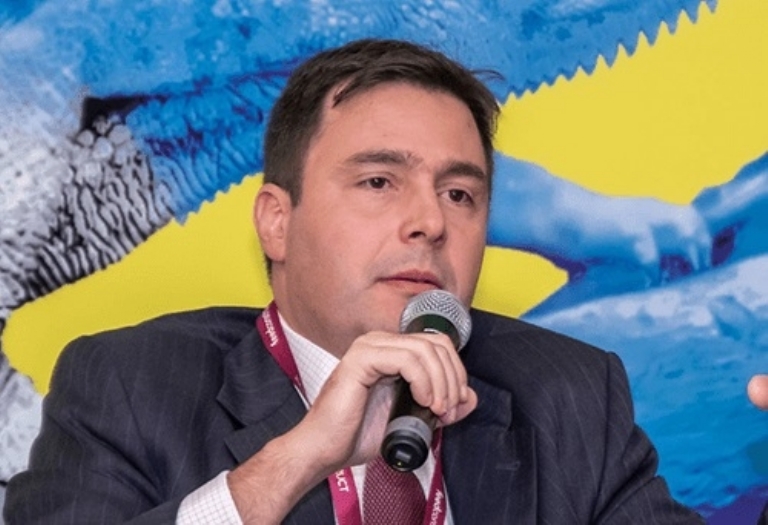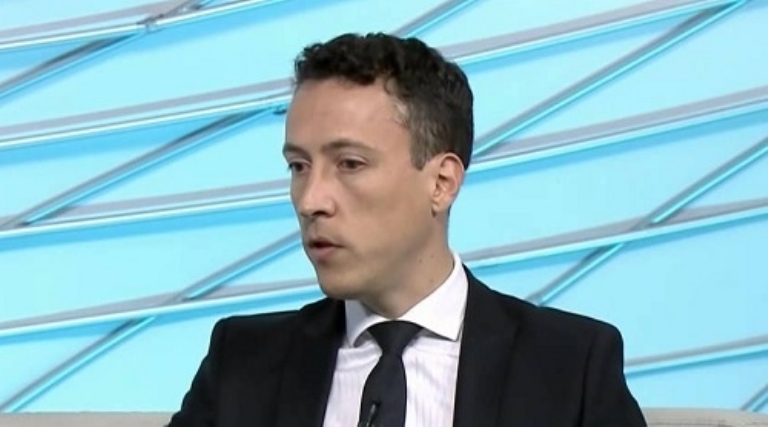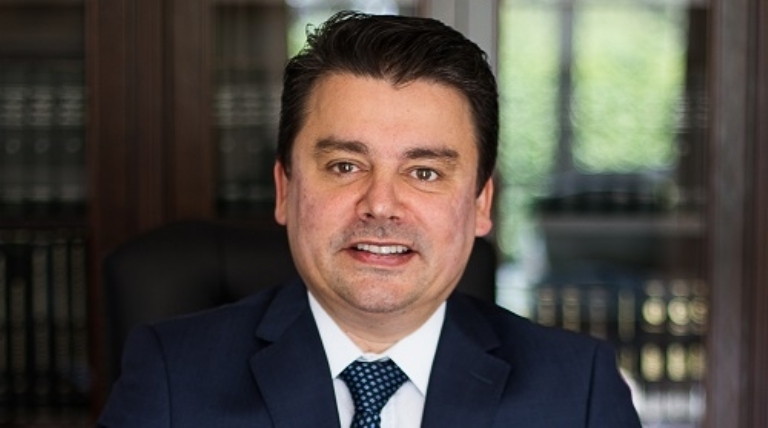


I may be mistaken, but I think this is already the third version of the draft decree. With each version, a novelty. Personally, I am upset by the agency's policy. The limping posture brings a lot of uncertainty to Brazil, going against Paulo Guedes' agenda of attracting investments. Who wants to invest in a place where the authorities change their mind every 3 months? With each passing day it is more difficult to understand who wins from it. The Government is not, because gaming continues to happen on every corner, on each computer, on each cell phone, and national resources are being distributed around the world. The consumer also does not gain from this, as it remains without any state protection.
Commercially, I look at the draft with perplexity. I've been attending gaming congresses for a few years. Since I came across the industry, I have been in just about everyone, most of them participating as a speaker, panelist or moderator. This hypothesis was never even raised by any of the representatives of the Ministry with whom I spoke or by those I simply heard from the audience. Foreign clients and friends, managers of international websites, are amazed by the novelty and I share that feeling.
Academically, I am disappointed. They say that the idea of limiting the number of “concessionaires” comes from the Attorney General's Office of the National Treasury. Lawyer and professor of tax law, I end up having many friends there. I strive to believe that the genesis of this nonsense is really the PGFN, especially because of the different minds that the Attorney General's Office has brought together over the years. But, if it is true, I think that no one is obliged to understand everything and it would be natural for the Agency not to have someone inside the house who is versed in an activity that is not even legally developed in Brazil (I would like to point out here the foreign sites that operate from their respective territories). This requirement, if it really comes from there, makes it clear that whoever defined it has no idea how the sector works in the rest of the world. No technical, operational, legal, accounting notions ... nothing. Zero knowledge. They could have asked.
Thirty operators. Why not 5? Why not 100? Thirty seems to me a number drawn. But remember that a Decree cannot be random, since every administrative act must be motivated, under penalty of nullity. I am very curious to know the motivation for the number 30 and the technical, legal or administrative reason for excluding the hypotheses of the 5 or 100.
In a word: Horrible!

The draft decree regulating sports betting made available by SECAP deserves praise. In what was under the infralegal regulatory competence, we see many successes, such as the fact that it does not require identification of the gambler's CPF in physical bets (except for the payment of prizes), as well as the mandatory certification and maintenance of an independent integrity monitoring provider. In relation to this point, contained in article 12, item I, we believe that the restriction of this type of monitoring to football sports was the result of a mistake in the wording, since all sports need this type of protection, not just football.
The requirement to set up a specific financial reserve to guarantee the solvency of prizes, provided for in Article 11, seems to us to be excessively expensive for companies, since the same objective can be achieved with the presentation of bank insurance or surety. In addition, the requirement in article 20, paragraph 1, subparagraph I, that any advertising action must involve warning about the risks, can create obstacles for sports sponsorships, since it is impracticable to include this type of warning in players' uniforms or boards in stadium. There must be flexibility, or even more detail about which forms of advertising should contain this type of warning.
Finally, the most important: changing the model from grant to concession. Under the legal aspect, the concession brings much more security to the operator and the regulator. The operator now has a legitimate expectation of a term and return, reflected in the economic and financial balance of the concession contract, while the regulatory body now has a legal instrument capable of applying pecuniary penalties without a provision in the law, but yes in contract.
In this new paradigm, as important as the draft decree submitted to public consultation are the drafts of the bidding documents and the concession contract. Without these documents, it is impossible to comment further on the conditions of the regulatory model. That is, perhaps a fourth public consultation will come around.

The first issue that calls attention is the radical change in the government's stance, which had previously informed the market that there would be no limits on the granting of licenses. Clearly the government has head-banged internally, having passed on to the market a perspective that has not been realized. And that is not a positive thing. Limiting the number of licenses tends to affect smaller operators, since large companies generally have all the conditions to participate and win bidding processes.
A fundamental issue that the government does not seem to be worrying about at the moment is the continuity of the illegal betting market, which is strengthened when the tax system is aggressive with the operator (which seems to be the case in Brazil), when there is a limitation in the number of licenses (which seems to be the case in Brazil) and when the government does not show clear signs that it will close and protect the market against illegal betting (which also seems to be the case in Brazil).

The new wording of the decree has interesting and controversial points. The first is that the granting of services will be through a public service concession bidding process. And it has to be a public bid to comply with art. 175 of the Federal Constitution and because the investments are relevant and a permission, which is precarious, would not be adequate.
Unlike the previous draft, it is now foreseen that the technical reserve will have its value defined in the concession contract to be signed with the Government. At a minimum, the objective parameters for the value of this technical reserve must be explicit in the bidding notice and justified in the administrative process, in the internal phase of the concession's bidding, as it has strong restrictive potential and not only for this reason, any and all requirements in bidding must be motivated.
As for the quantity reported by operators that will enter into a public service concession contract, based on the Dixit and Stiglitz model, it is appropriate and necessary to be based on technical grounds, but it is important to remember that the economic model is a conceptual attempt to explain a market and anticipate its effects, becoming inadequate at times, and this theoretical foundation is commendable.
The issue of sports betting, although it is a unique product, has a variety linked to different operators and types of sporting events, therefore, its adaptation to the model is more complex than it seems.
Also, the chosen model, in which there is no business interaction between the operators, as one could use the other's operation to sell or to “unload” bets without eventual ballast in technical reserve, induces a reality to which it applies the model. I mean that it is obvious that the chosen model influences the model.
In summary, any and all possible restrictions will be examined by the control bodies.
Source: Exclusive Games Magazine Brasil